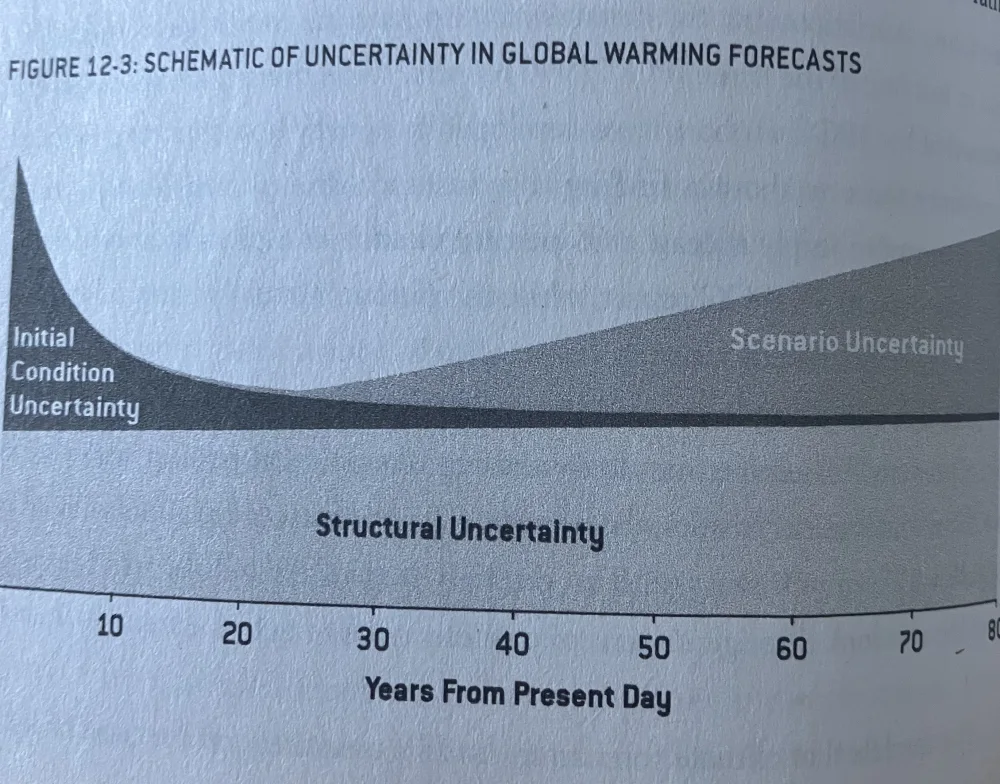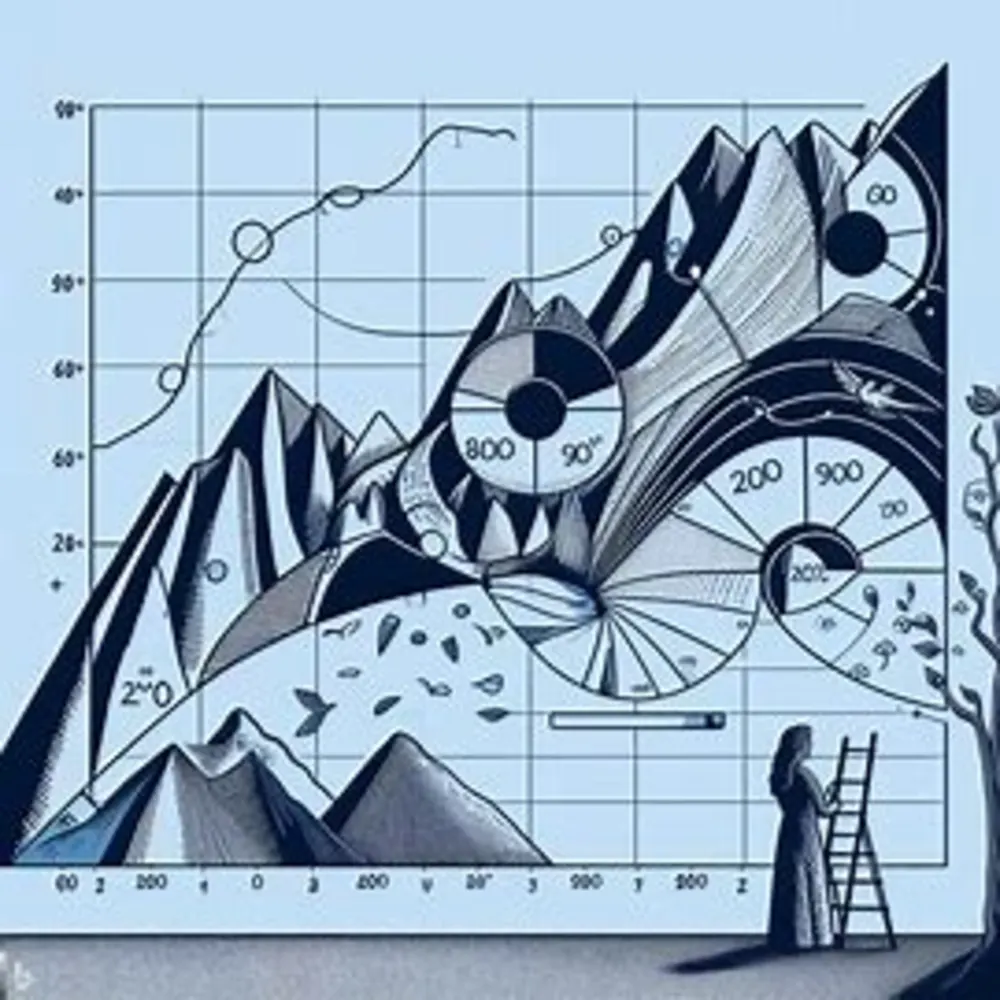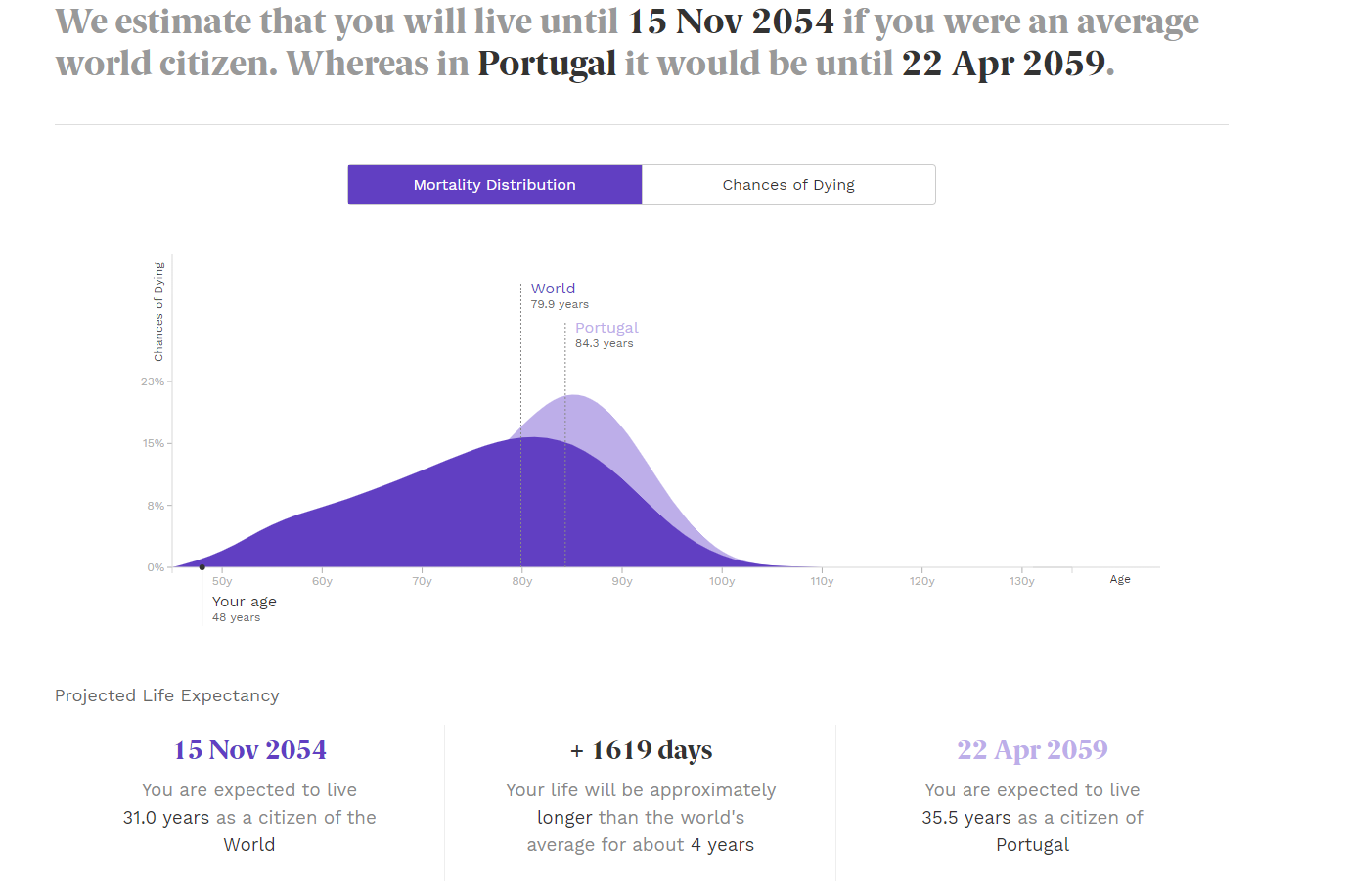Shortlisted for the Financial Times Business Book of the Year Award
'A masterclass in navigating, and even seeking out, the inevitable failures that pave the way to success . . . A must-read.' Angela Duckworth, author of Grit
Forget 'fail fast, fail often'. This revolutionary book reveals how we get failure wrong - and how to get it right.
We used to think of failure as a problem, to be avoided at all costs. Now, we're often told that failure is desirable - that we must 'fail fast, fail often'. The trouble is, neither approach distinguishes the good failures from the bad. As a result, we miss the opportunity to fail well.
Here, Amy Edmondson - the world's most influential organisational psychologist - reveals how we get failure wrong, and how to get it right. She draws on a lifetime's research into the science of 'psychological safety' to show that the most successful cultures are those in which you can fail openly, without your mistakes being held against you. She introduces the three archetypes of failure - simple, complex and intelligent - and explains how to harness the revolutionary potential of the good ones (and eliminate the bad).
And she tells vivid stories ranging from the history of open heart surgery to the Columbia Space Shuttle disaster, all to ask a simple, provocative question: What if it is only by learning to fail that we can hope to truly succeed?
_
'Great clarity and insight . . . Right Kind of Wrong will inspire you to do your boldest work.' Ed Catmull, co-founder of Pixar and author of Creativity, Inc.
'No skill is more important than learning from failure - and no one on earth knows more about it than Amy Edmondson.' Adam Grant, author of Think Again








